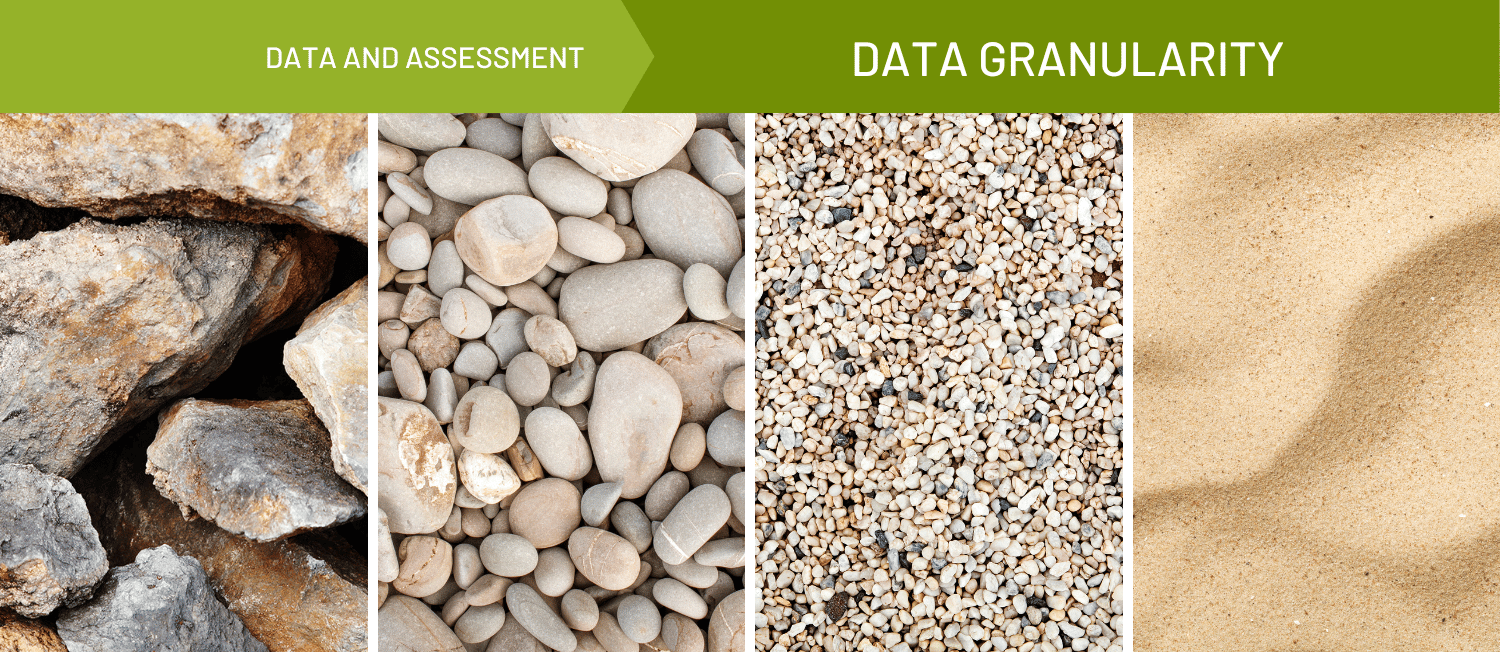Surveys
Surveys are an indispensable data collection tool used across many fields and disciplines. They offer a structured approach to gathering information directly from participants and/or stakeholders, typically using a questionnaire (electronic or pencil-and-paper) that is disseminated to a population or population sample. Surveys are designed to achieve specific research aims; when analyzed, they help data users, researchers, organizations, policymakers, or community members identify trends, attitudes, and outcomes within the surveyed population. Surveys often allow for quantitative analysis and statistical inference, and they are also rich sources of qualitative data. They range from fairly easily implemented and cost-effective to extremely complex and expensive, depending on the design and scale.
Surveys play a pivotal role in robust local data ecosystems and drive community transformation and informed decision-making. Surveys can empower stakeholders, such as community health practitioners, political pollsters, and government entities like the U.S. Census Bureau's American Community Survey, to gather crucial insights that shape strategies and policies for impactful outcomes.
Data collection by many methods, including surveys, has a history of being extractive and failing to benefit the people upon whom the research focuses. Worse still, data has been weaponized against people and communities, perpetuating discrimination and other data misuse. In a community setting, surveys can increase our understanding of who is thriving and who isn’t, as well as help us understand why or why not. For example, In Their Own Words: Young People Describe the Impact of COVID-19 was a survey designed and implemented by youth leaders that collected information about how the pandemic and systematic racism have affected the mental health of young people living in King County, Washington. Results from this survey have been used to inform youth-led programming such as the Youth Healing Project, which directly funds youth leaders to develop and implement creative solutions to improve mental health and well-being.
Surveys are a widely used data collection tool across various fields and disciplines and in community settings. In the digital age, surveys can be rapidly deployed electronically to capture real-time data. Leading practices emphasize privacy, equity, accessibility, transparency, and accountability. Surveying may have significant equity implications. While ideally, they are representative of the entire community of interest, surveys are only as good as their design and implementation.
Best practices such as the following can help ensure best equity outcomes:
- Driving up response rates
- Oversampling in marginalized communities
- Paying respondents for their time and sharing of lived experience
- Providing a variety of response formats in all relevant languages
- Capturing demographic information to support disaggregation where appropriate.
Resources & Tools
A Scoping Review of Virtual Focus Group Methods Used in Rehabilitation Sciences
Resource - Journal Article
More Than Numbers: A Guide Toward Diversity, Equity, and Inclusion (DEI) in Data Collection
Resource - Guide/handbook
A Guide to Conducting Online Focus Groups
Resource - Guide/handbook
Brought to you by Vital Strategies
Focus Group Tip Sheet
Resource - Fact Sheet
Brought to you by U.S. Department of Health and Human Services
Perils and Possibilities: Achieving Best Evidence from Focus Groups in Public Health Research
Resource - Journal Article
An Introduction to Community Health Needs Assessment (CHNA)
Story
-
 Original
Original
Brought to you by Community Commons
Published on 09/19/2023
Related Topics






























